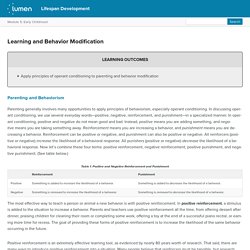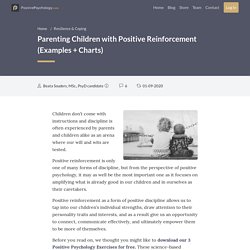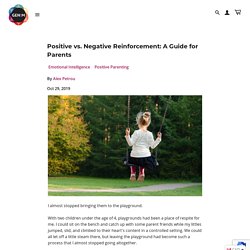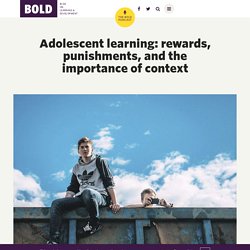Zoom
Trash
Related: (Psy 108) Reinforcement and punishment that could be applied to promote road safety
- Reinforcement and Punishment on Teenagers: A Guide for Parents
- Parents' Guide to Influence Teenager's Behaviour - Reinforcement & Punishment
- Applying reinforcement and punishment principles to influence the behavior of teenage children
- The Power of Reinforcement and Punishment in Shaping Teenagers' Future
- A Guide for Parents: Reinforcement & Punishment in Teenagers
- What are reinforcement and punishment to parents? And how parents can use these to influence the behaviour of their teenage children.
- Using Reinforcements and Punishments to guide Teenagers
- Guiding your teenage children through reinforcement and punishment
- yazhni
- Guide for Parents: Reinforcements & Punishments for teenagers
- Introduction to Psychology - Reinforcement and Punishment
- Parenting Tips: Influencing Behaviour of Your Teenage Children
- Understand Reinforcement and Punishment in Parenting Teenagers
- How Reinforcement and Punishment influence behaviour of teenagers
- Reinforcement versus Punishment
- parvina
- How to be an 'influencer' parent: Using Reinforcement vs Punishment to guide teenage behaviour
- Reinforcement & Punishment Techniques: How to apply these techniques to influence the behaviour of your teenage child
- How To Parent Teenage Children: Reinforcement and Punishment
- A Parent's Guide to Reinforcement and Punishment
- Reinforcement and Punishment to Parents
- PSY 108: Reinforcement and Punishment: Can it Influence Change in Behaviour in Teenagers?
- An Introduction to psychology
- Reinforcement & Punishment: Shaping the Growth of Your Teenage Children
- Parenting: Influencing the Behaviours of Teenagers
- Skinner’s Operant Conditioning: Rewards & Punishments
- Parenting Children with Positive Reinforcement (Examples + Charts)
- Positive vs. Negative Reinforcement: A Guide for Parents – Generation Mindful
- Adolescent learning: rewards, punishments, and the importance of context
- Education
- Enterprise




